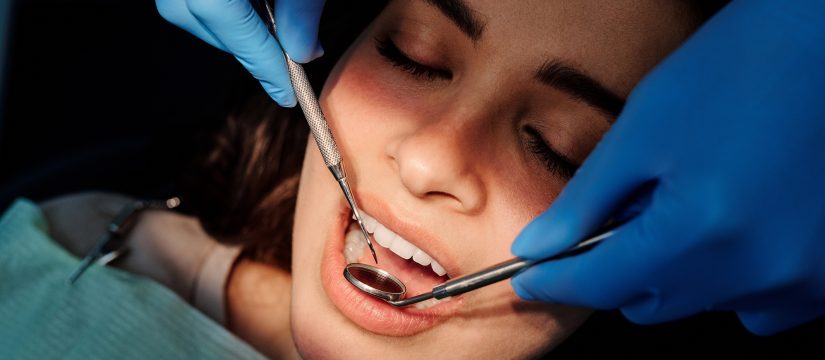
What are Dental Veneers?
Dental veneers are a possible solution to help you achieve the look you desire.
Dental veneers are thin covers that adhere to teeth to give teeth a more classically shaped look. Champsaur Dental Clinic offer a variety of dental veneer options to choose from. Talk to your dentist atChampsaur Dental Clinic about the best solution for you.
What Types of Problems Do Dental Veneers Fix?
Veneers are routinely used to fix:
• Teeth that are discoloured because of:
• Root canal treatment
• Stains from tetracycline or other drugs
• Excessive fluoride
• Large resin fillings
• Teeth that are worn down
• Teeth that are chipped or broken
• Teeth that are misaligned, uneven, or irregularly
• Teeth with gaps between them
Benefits of Dental Veneer
Veneers offer these advantages:
• Provide a natural dental appearance
• The gums tolerate porcelain well
• Porcelain veneers are resistant to stains
• A color can be selected to make dark teeth appear whiter.
• They usually do not require as much shape as crowns, but they are stronger and look better.
• Improves the color of the teeth
• Corrects small mispositions
• They can give patients a more youthful appearance by improving the shape and color of the teeth
• It gives excellent aesthetics and does not vary over time, it does not pigment easily, it is recommended for patients with high requirements or expectations of improving aesthetics.
• They can be made with a minimum thickness of 0.5 mm, they can become so thin that they have been called “dental lenses” compared to the lenses used in ophthalmology.
Benefits of Dental Veneer
Veneers offer these advantages:
• Provide a natural dental appearance
• The gums tolerate porcelain well
• Porcelain veneers are resistant to stains
• A color can be selected to make dark teeth appear whiter.
• They usually do not require as much shape as crowns, but they are stronger and look better.
• Improves the color of the teeth
• Corrects small mispositions
• They can give patients a more youthful appearance by improving the shape and color of the teeth
• It gives excellent aesthetics and does not vary over time, it does not pigment easily, it is recommended for patients with high requirements or expectations of improving aesthetics.
• They can be made with a minimum thickness of 0.5 mm, they can become so thin that they have been called “dental lenses” compared to the lenses used in ophthalmology.
Risks of Dental Veneers
Downsides to dental veneers include:
• The process cannot be undone
• Veneers cost more than composite resin bonding
• Veneers usually cannot be repaired if they chip or crack
• Because enamel has been removed, your tooth may become more sensitive to hot and cold foods and drinks
• Veneers may not exactly match the colour of your other teeth. If you plan on whitening your teeth, you need to do so before getting veneers.
• Though not likely, veneers can dislodge and fall off. To minimize the chance of this occurring, do not bite your nails, chew on pencils, ice, or other hard objects, or otherwise put too much pressure on your teeth.
• Teeth with veneers can still experience decay, possibly necessitating full coverage of the tooth with a crown.
Lifespan of Dental Veneers
Depends on the care of each patient, their habits and frequent visits for maintenance and cleaning
Aftercare of Dental Veneers
• Attend your maintenance and control appointments
• Avoid biting hard or inappropriate things.
• Dental veneers do not require any special care. Continue to follow good oral hygiene practices, including brushing, flossing, and rinsing with an antiseptic mouthwash as you normally would.
• Although porcelain veneers resist staining, your dentist may recommend that you avoid foods and beverages that cause stains (for example, coffee, tea, or red wine).
• They are not a good option if cavities, gum disease or very marked malpositions have not been previously treated.
• People who clench and grind their teeth are poor candidates for porcelain veneers, as this can cause the veneers to crack or chip.
Alternatives to Dental Veneers
Alternatives to veneers include bondings and crowns. Veneers are a nice in-between option. Veneers may be your best choice if you want to change the shape of your teeth more than just a little bit, as is done with bonding, but not enough to require a crown.
For more information on What are dental veneers used for or their costs?, contact us.
